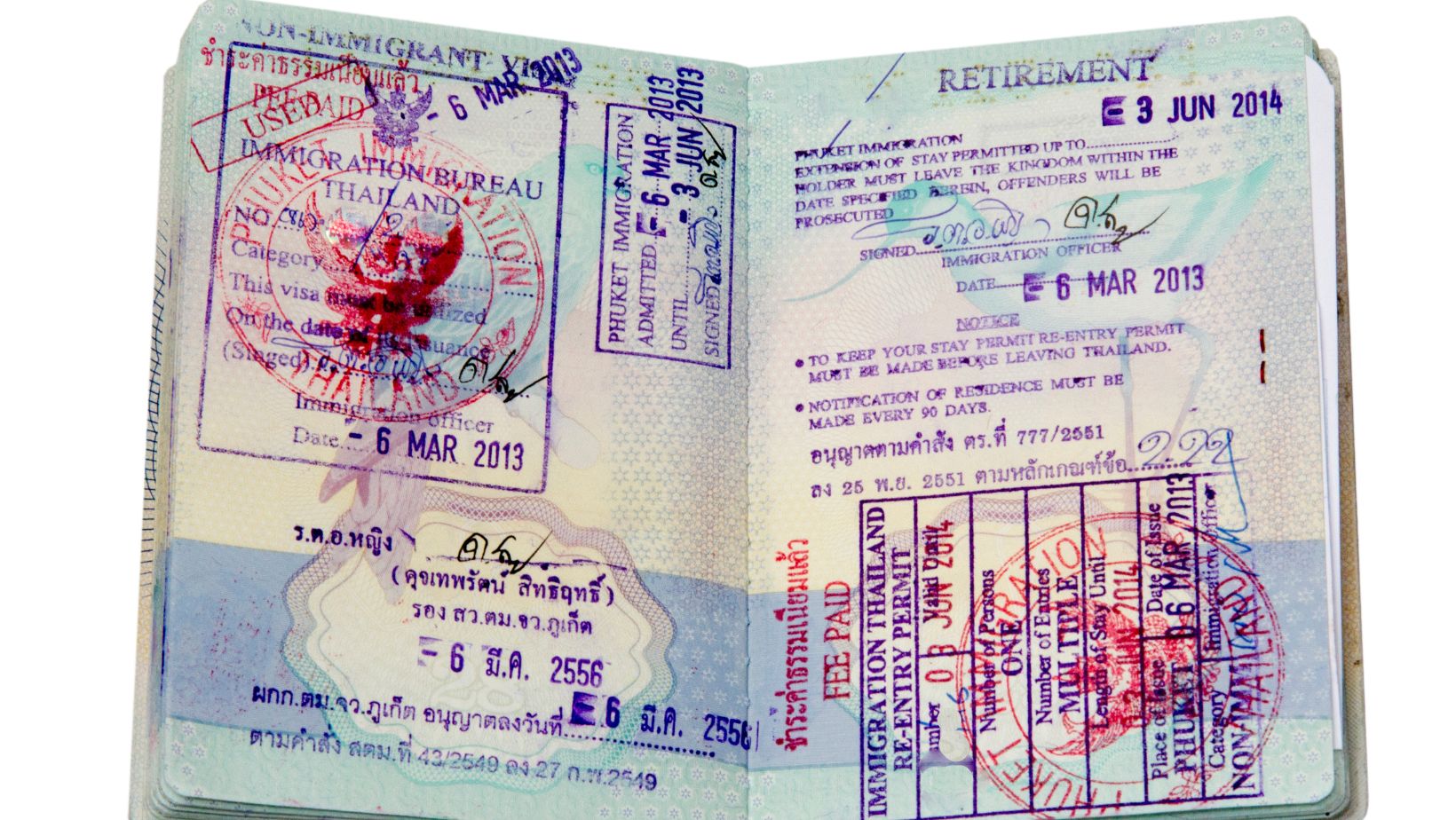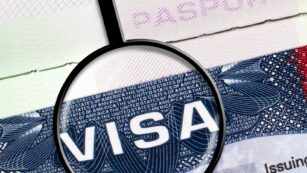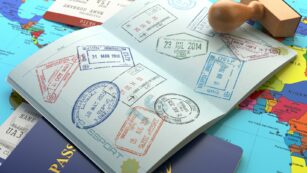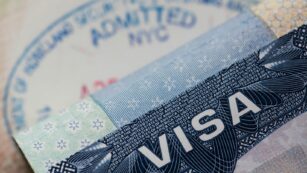
Retiring in Vietnam offers a blend of vibrant culture, serene landscapes, and affordable living—but navigating the visa process can be a daunting task. For many expatriates, the prospect of settling down in this Southeast Asian gem is enticing, yet the specifics of obtaining a retirement visa remain a major consideration. Understanding the requirements and steps involved is crucial for those looking to make Vietnam their new home during their golden years.
Vietnam Retirement Visa
While Vietnam does not offer a specific retirement visa, several alternatives support long-term stays for retirees. Understanding these options ensures a smooth transition into retirement in Vietnam.
Requirements for Eligibility
 Applicants considering retirement in Vietnam need to meet specific eligibility criteria, regardless of the chosen visa type. They must possess a valid passport with at least six months of remaining validity beyond the date of entry. Financial stability is critical, and proof of sufficient funds to cover living expenses is required. This might include bank statements or income documentation. Health insurance coverage is also essential, coupled with a health certificate from an authorized medical institution.
Applicants considering retirement in Vietnam need to meet specific eligibility criteria, regardless of the chosen visa type. They must possess a valid passport with at least six months of remaining validity beyond the date of entry. Financial stability is critical, and proof of sufficient funds to cover living expenses is required. This might include bank statements or income documentation. Health insurance coverage is also essential, coupled with a health certificate from an authorized medical institution.
Visa Application Process
Initiating the visa application process involves several steps, depending on the chosen visa type. Retirees usually opt for a long-term tourist visa or a business visa, which can be converted into a temporary residence card. The initial step requires submitting an online application or visiting a Vietnamese embassy. Required documents typically include a passport-sized photo, the aforementioned financial and health documentation, and the visa application form. After analyzing the application, the consulate might request an interview or additional documents. Once approved, the applicant receives a visa that typically allows multiple entries and can be extended from within Vietnam. Retirees should regularly check for any changes in regulations to maintain compliance throughout their stay.
Benefits of Retiring in Vietnam
Cost of Living
 Retiring in Vietnam presents significant financial advantages, with a cost of living notably lower than in many Western countries. The average monthly expenses for a single retiree are estimated to range from $800 to $1,100. This budget covers housing, utilities, food, transportation, and leisure activities. Housing costs can vary widely depending on the location and type of accommodation: an apartment in a city center may cost approximately $500 per month, while options in less central areas could halve this expense. Basic utilities, including electricity, water, and internet, add about $50 to $70 monthly.
Retiring in Vietnam presents significant financial advantages, with a cost of living notably lower than in many Western countries. The average monthly expenses for a single retiree are estimated to range from $800 to $1,100. This budget covers housing, utilities, food, transportation, and leisure activities. Housing costs can vary widely depending on the location and type of accommodation: an apartment in a city center may cost approximately $500 per month, while options in less central areas could halve this expense. Basic utilities, including electricity, water, and internet, add about $50 to $70 monthly.
Healthcare Services
Vietnam’s healthcare has seen rapid improvements, making it a reliable option for retirees. The country boasts a mix of public and private healthcare facilities, with private clinics and hospitals offering high standards of care at reasonable prices. Expatriates often opt for private healthcare to avoid language barriers and ensure faster service. Typical health services are affordable; for instance, a standard consultation with a specialist typically costs about $20 to $50.
Challenges of the Vietnam Retirement Visa
Documentation and Bureaucracy
Navigating the labyrinth of Vietnam’s immigration system involves a significant amount of paperwork. Retirees must ensure all documents are correctly filled and submitted within the stipulated deadlines. Key documents include a valid passport with more than six months’ validity, proof of financial stability such as bank statements or income proof, and health insurance coverage. Errors in the application process could lead to delays or outright rejection.
Financial Requirements
 The financial requirements for obtaining a long-term stay visa in Vietnam can be a concern for some retirees. They must demonstrate a secure financial background, often evidenced by a stable income or substantial savings. This may involve showing bank statements indicating regular deposits or a balance that meets or exceeds the required minimum amount set by Vietnamese authorities. For many retirees, ensuring these funds are accessible in Vietnam further complicates the situation.
The financial requirements for obtaining a long-term stay visa in Vietnam can be a concern for some retirees. They must demonstrate a secure financial background, often evidenced by a stable income or substantial savings. This may involve showing bank statements indicating regular deposits or a balance that meets or exceeds the required minimum amount set by Vietnamese authorities. For many retirees, ensuring these funds are accessible in Vietnam further complicates the situation.
Health Insurance
Acquiring adequate health insurance that is accepted in Vietnam poses a challenge. Although the cost of healthcare is relatively low, unexpected medical issues can result in substantial expenses.
Length of Stay Issues
Typically, long-term visas such as tourist or business visas require periodic renewal. This necessity to renew the visa may cause insecurity about long-term residency status. Each renewal process demands time, money, and the same rigorous documentation process, which can be daunting for many retirees.


